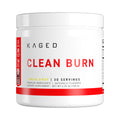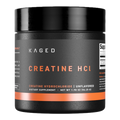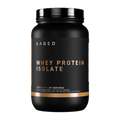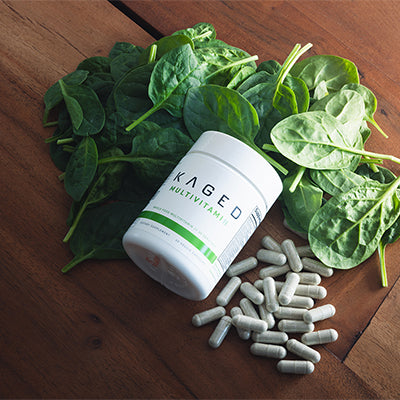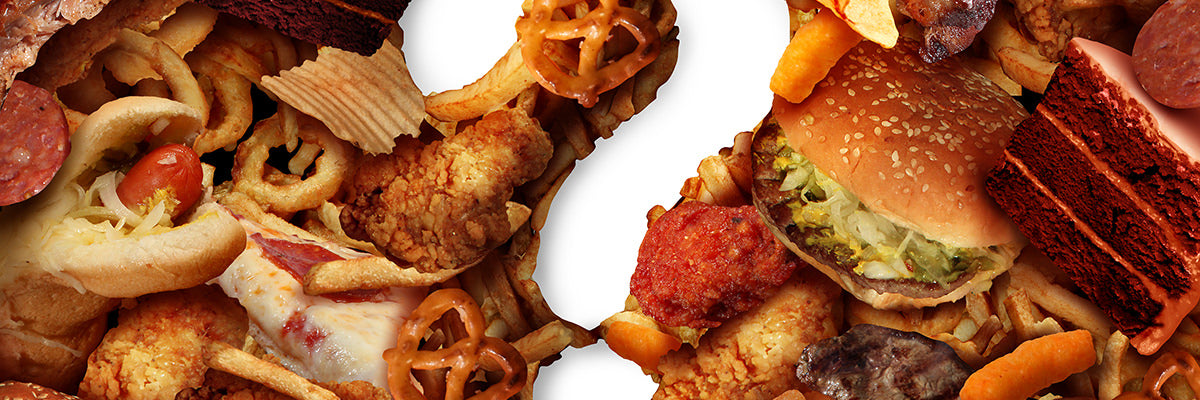The controversy behind healthy versus unhealthy fats appears to be never-ending.
On one side of the argument, there are strict low fat advocates, stating that fat is still a key player in obesity and heart disease. On the other, you now have the high fat gurus, preaching the benefits of a very low carb or ketogenic diet.
While there may be a need for both low and high fat diets in specific situations, for 99% of people the answer remains somewhere in the middle. Quite simply, we want to cut out the bad fats that can cause weight gain, insulin resistance and lead to increased disease risk but still include the healthy fats, which can actually boost testosterone, insulin sensitivity and health!
Here are the fats you should avoid and how to pick your fats for long-term success.
The Worst Fat: Trans Fat
Trans or hydrogenated fats are the worst kind of fat on the planet, linked to all kinds of health issues such as heart disease, obesity and inflammation.
They are so many organizations and countries that are banning the use of it within mainstream meals or store-bought products. However, you can often find trans fats in lower quality restaurants, takeaways or cheap goods such as candy and artificially produced foods.
They are classed as an “unsaturated fat” and have been repeatedly shown to impact markers of heart health such as cholesterol, lipoproteins and triglyceride levels. Interestingly, replacing just 5% of your daily fat intake with trans fats can lead to increases in unhealthy cholesterol known as LDL. They can also impact your lipoproteins and when you combine higher LDL levels with poor lipoprotein levels your heart disease risk soars rapidly!
They are also closely linked to diabetes and impaired carbohydrate tolerance. One study even tested this by looking at the correlation between trans-fat intake and diabetes risk. They found that those who consumed the highest amounts of trans fats had a whopping 40% higher risk factor of diabetes.
Vegetable Oils
Although vegetable oils were once considered a healthy alternative, the latest science is quickly proving otherwise.
These types of vegetable oils include sunflower, soybean, canola and other vegetable oils. While most health authorities may still be recommending these, they may actually be worse than natural saturated fats such as butter or cheese.
One of the biggest issues with high amounts of vegetable fat intake is how it affects your omega 6 to 3 ratio. This is a very important factor in overall health, yet, sadly, the modern day diet is full of omega 6 fats and very low in omega 3 fats.
This skewed ratio leads to all kinds of health issues, including insulin resistance and inflammation which can wreck your physique. Over the long term, it is linked to all sorts of health issues, including diabetes and heart disease.
These issues do not stop here either; in fact, there is more research linking them:
- Oxidative stress, damaging all our cells and DNA
- Lower healthy HDL cholesterol
- Increased unhealthy LDL particle size
- Linked to certain cancers
- Excessive consumption leads to heart disease and lowered life expectancy
Saturated Fats
The discussion on saturated fat is long and ongoing. Ultimately, some are good and some are bad; it simply comes down to the context and source.
For example, excessive amounts of saturated fats consumed on a daily basis can lead to health issues. However, natural saturated fats from animal products, such as butter and red meat, consumed in sensible and moderate amounts can actually boost your health and physique, increasing testosterone and improving healthy HDL cholesterol.
Don’t fear natural saturated fats; instead, consume a sensible amount (i.e. 10 - 30grams per day) on a regular basis. If you track macros, around 20-30% of your total fat intake should come from healthy saturates.
Benefits and Sources of Healthy Fats

While it may seem all doom and gloom when it comes to fat, some natural fats are actually a superfood and can take your health and physique a step further.
The benefits include:
- Reduced Heart Disease risk,
- Reduced Inflammation,
- Improved Carbohydrate Tolerance and Insulin Sensitivity,
- Improved Testosterone production and hormone levels,
- Greater fat loss and better body composition,
- Enhanced brain health
- Improved reproductive function and much more
The best food sources include:
- Oily Fish
- Red Meats
- Nuts
- Seeds
- Coconut Oil
- Extra Virgin Olive Oil
- Dairy
- Dark Chocolate
- Avocado
- Omega 3 Supplements
With a little common sense you can avoid most of these unhealthy fats and improve your long-term health. Of course, the most obvious way to do this is to ask yourself: “Was this type of fat produced in a factory or obtained naturally?” Most of the time, you want to avoid man-made fats while picking the natural sources eaten years ago, such as those on the list above!
References
Baggio B. Fatty acids, calcium and bone metabolism. 2002. Journal of Nephrology. 15(6), 601-4.
Chopra, I., et al. Relationship between serum free fatty acids and thyroid hormone binding inhibitor in non-thyroid illnesses. 1985. Journal of Clinical Endocrinology and Metabolism. 60(5), 980-4.
Mozaffarian, D., Aro, A., & Willett, W. C. (2009). Health effects of trans-fatty acids: experimental and observational evidence. European journal of clinical nutrition, 63, S5-S21.
Kozimor, A., et al. Effects of dietary fatty acid composition from a high fat meal on satiety. 2013. Appetite. 69:39-45.
Hu, F. B., Manson, J. E., Stampfer, M. J., Colditz, G., Liu, S., Solomon, C. G., & Willett, W. C. (2001). Diet, lifestyle, and the risk of type 2 diabetes mellitus in women. New England Journal of Medicine, 345(11), 790-797.
Guldbrand, H., Dizdar, B., et al. In Type 2 Diabetes, Randomization to advice to follow a Low-Carbohydrate Diet Transiently Improves Glycemic Control compared with Advice to Follow a Low-Fat Diet Producing a Similar Weight Loss. Diabetologia. 2012.
Han, S. N., Leka, L. S., Lichtenstein, A. H., Ausman, L. M., Schaefer, E. J., & Meydani, S. N. (2002). Effect of hydrogenated and saturated, relative to polyunsaturated, fat on immune and inflammatory responses of adults with moderate hypercholesterolemia. Journal of lipid research, 43(3), 445-452.
Golan, R., Tirosh, A., et al. Dietary Intervention Induces Flow of Changes Within Biomarkers of Lipids, Inflammation, Liver Enzymes, and Glycemic Control. Nutrition. December 2011. Published Ahead of Print.
Russo, G. L. (2009). Dietary n− 6 and n− 3 polyunsaturated fatty acids: from biochemistry to clinical implications in cardiovascular prevention. Biochemical pharmacology, 77(6), 937-946.
Ratliff, J., et al. Eggs Modulate the Inflammatory Response To Carbohydrate Restricted Diets in Overweight Men. Nutrition and Metabolism. 2008. 5(6).
Nilssson, L., et al. Low-Carbohydrate, High-Protein Diet Score and Risk of Incident Cancer. Nutrition Journal. 2013. 12(58).
Yamagishi, K., et al. Dietary Intake of Saturate Fatty Acids and Mortality from Cardiovascular Disease in Japanese. American Journal of Clinical Nutrition. 2010. 92(4), 759.
Baylin, A., Kabagambe, E. K., Siles, X., & Campos, H. (2002). Adipose tissue biomarkers of fatty acid intake. The American journal of clinical nutrition, 76(4), 750-757.
Siri-Tarino, P., et al. Meta-Analysis of Prospective Cohort Studies Evaluating the Association of Saturated Fat with Cardiovascular Disease. American Journal of Nutrition. 2010. 91(3), 535-546.
Lichtenstein, A. H., Ausman, L. M., Carrasco, W., Jenner, J. L., Gualtieri, L. J., Goldin, B. R., ... & Schaefer, E. J. (1993). Effects of canola, corn, and olive oils on fasting and postprandial plasma lipoproteins in humans as part of a National Cholesterol Education Program Step 2 diet. Arteriosclerosis, Thrombosis, and Vascular Biology, 13(10), 1533-1542.

